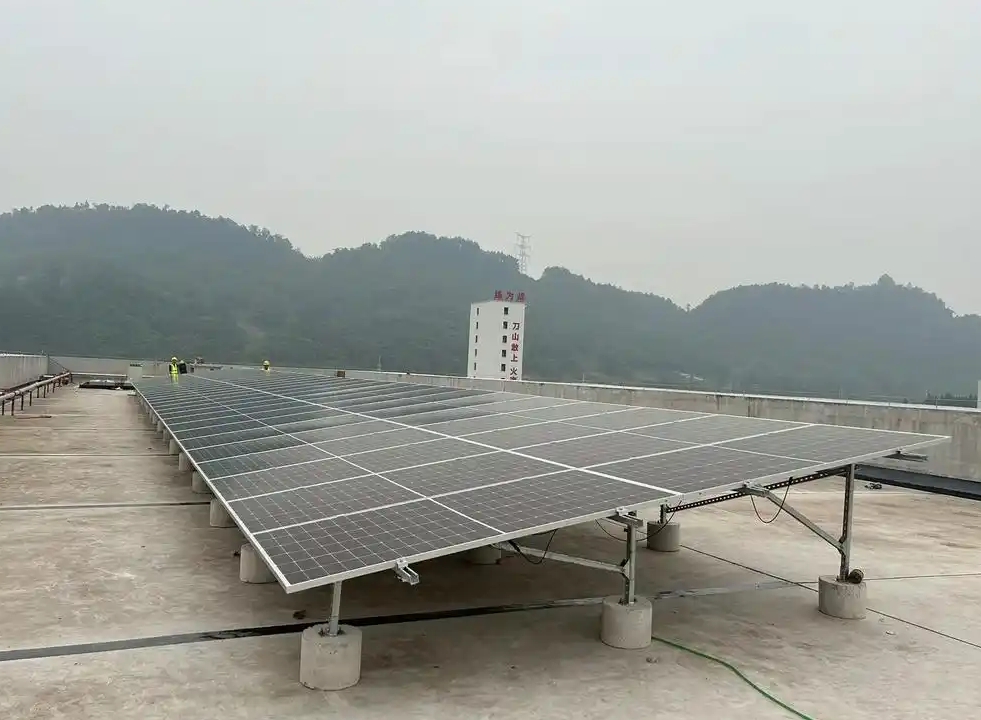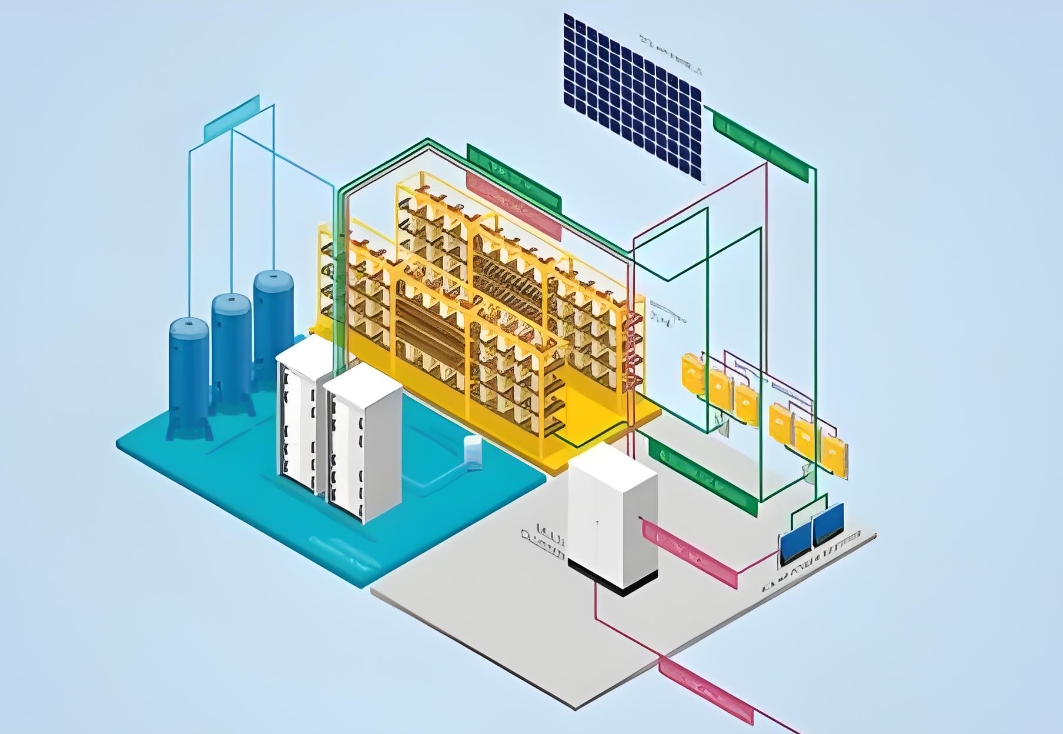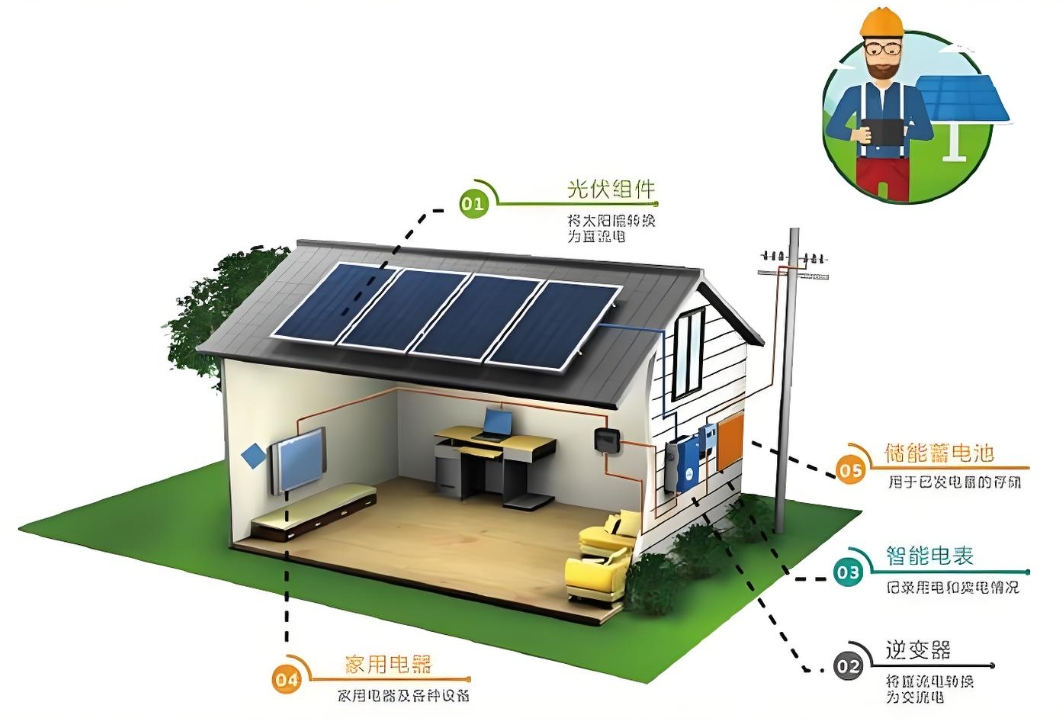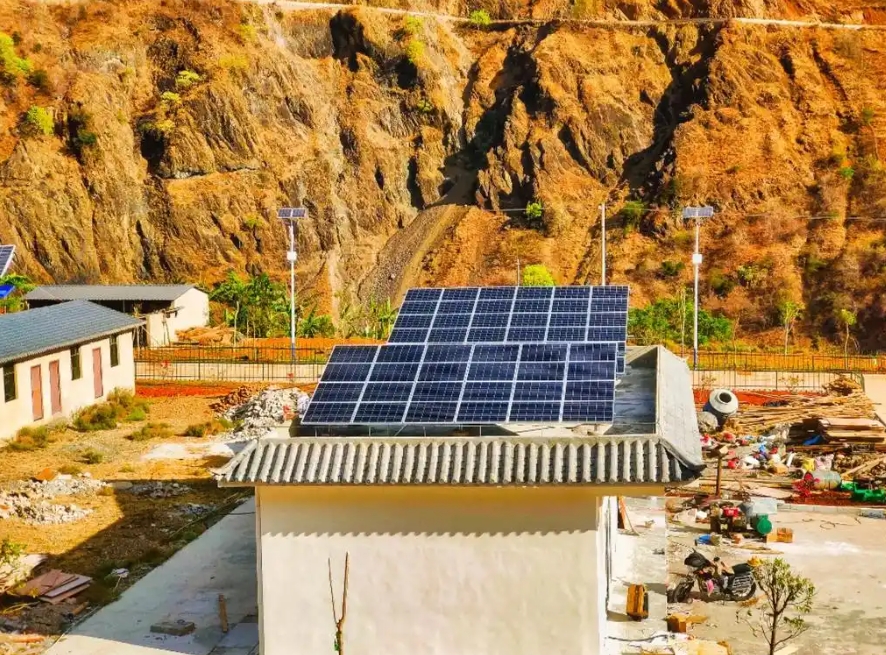solar battery backup system for home cost
The cost of a solar battery backup system for a home can vary significantly based on several factors, including the type and capacity of the battery, the system's overall configuration, and additional features or components. Here, we'll delve into the various aspects that influence the pricing of a home solar battery backup system and provide an expanded view of the costs involved.
Factors Influencing Cost

Battery Type and Capacity
Lithium-ion Batteries: These are commonly used in solar battery backup systems due to their high energy density, long lifespan, and efficiency. Lithium-ion batteries come in various capacities, such as 100Ah, 200Ah, or even higher. The cost generally increases with capacity.
Lead-acid Batteries: Traditional lead-acid batteries, such as sealed gel or flooded lead-acid, are less expensive but have a shorter lifespan and lower energy density compared to lithium-ion batteries.
System Configuration
Standalone Systems: These systems are designed to operate independently of the grid and are ideal for off-grid homes or as a backup power source.
Grid-tied Systems: These systems are connected to the grid and can provide power during outages while also allowing excess energy generated by solar panels to be sold to the utility company.
Additional Components
Inverter: Converts the direct current (DC) power generated by solar panels and stored in batteries into alternating current (AC) power, which is used by household appliances.
Battery Management System (BMS): Monitors and manages the battery's health, ensuring optimal performance and safety.
Solar Panels: While not directly part of the battery backup system, the cost of solar panels also needs to be considered, as they generate the energy that is stored in the batteries.
Brand and Quality
Higher-end brands with better reputations for quality and reliability tend to have higher prices.
Warranties and customer support can also affect the overall cost.
Cost Range
Entry-Level Systems: For a basic, entry-level solar battery backup system with a lithium-ion battery and a simple inverter, the cost can start around 7,000. These systems are typically suitable for smaller homes with moderate energy needs.
Mid-Range Systems: Mid-range systems offer better performance and reliability, with larger battery capacities and more advanced inverters. Costs can range from 15,000, depending on the specific configuration and components.
High-End Systems: High-end systems are designed for larger homes with high energy demands or for those who want the best possible performance and reliability. Costs can exceed 20,000 or more. These systems often include advanced features such as energy monitoring, remote control, and integration with smart home systems.
Examples of Specific Systems
Shenzhen Youess Energy Storage Technology Co., Ltd.: Offers a 5kW solar battery backup system with a 24V, 200Ah lithium-ion battery. Prices start at around $1,500 per unit for larger orders, with customization options available.
HomSolar (Shenzhen) Technology Co., Ltd.: Provides an energy storage system with a capacity of 800Ah and a system power of 40.96kWh. Prices range from 4,844.49 for orders of 51 sets or more.
Jiangsu Eksi New Energy Co., Ltd.: Offers a 48V, 200Ah lithium-ion power wall battery backup system for home use. Prices start at $963 for 1-49 pieces, with discounts for larger orders.
RosenPV Solar Energy Co., Ltd.: Provides a customizable lithium-ion battery backup system for solar power storage, with options for different container sizes (10/20/40ft) and air conditioning/fire extinguishing systems. Prices depend on the specific configuration and order quantity.
Installation Costs
Installation costs for a solar battery backup system can vary depending on the complexity of the system and the location of the installation. Typically, installation costs can range from 5,000 or more. This includes the labor costs for installing the solar panels, battery storage system, and any necessary wiring or electrical work.
Total Cost Considerations
When considering the total cost of a solar battery backup system, it's important to factor in both the upfront costs and any potential savings on energy bills. While the initial investment can be significant, many homeowners find that the long-term savings on electricity costs and the added peace of mind during power outages make the investment worthwhile.
Conclusion
In summary, the cost of a solar battery backup system for a home can vary widely depending on the factors mentioned above. By understanding these factors and doing some research, homeowners can find a system that fits their needs and budget. With the increasing popularity of solar energy and the desire for energy independence, investing in a solar battery backup system can be a smart and valuable decision for many homeowners.



